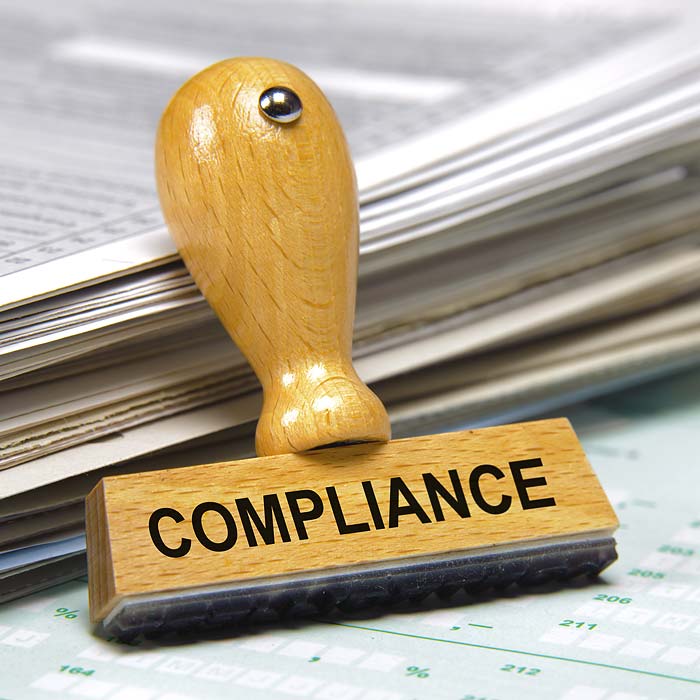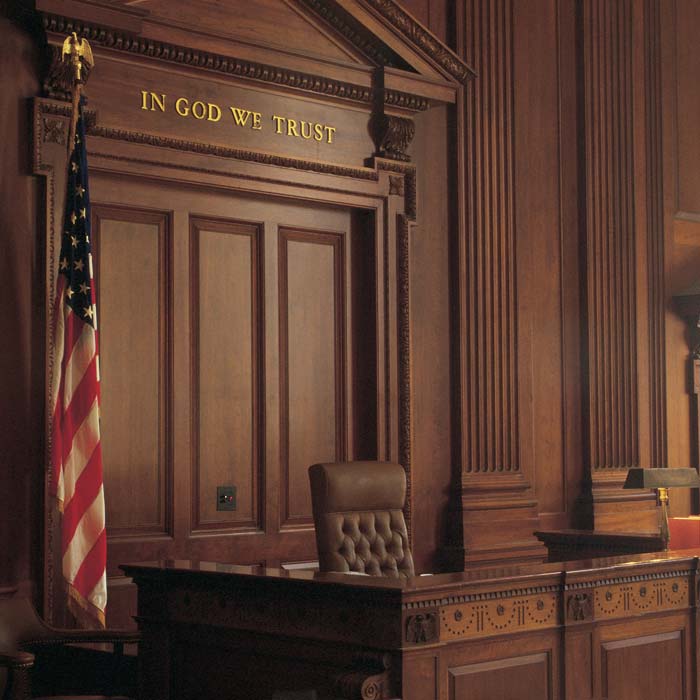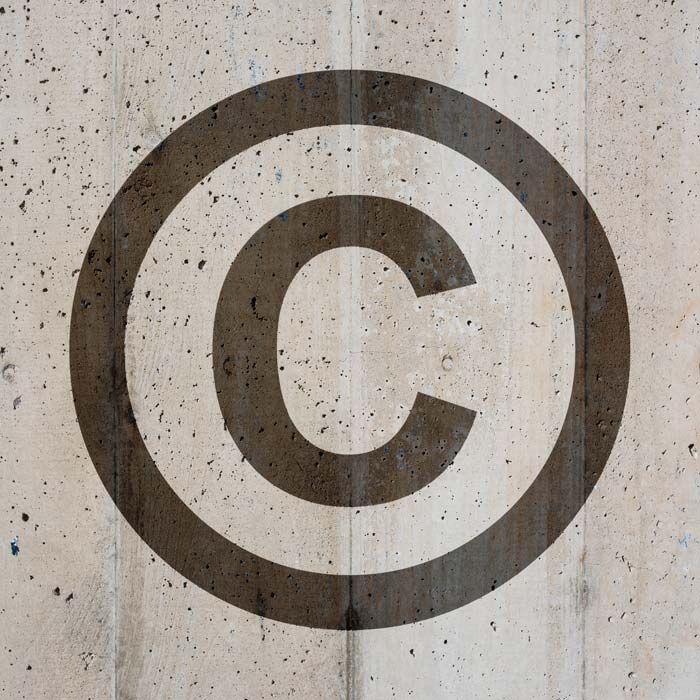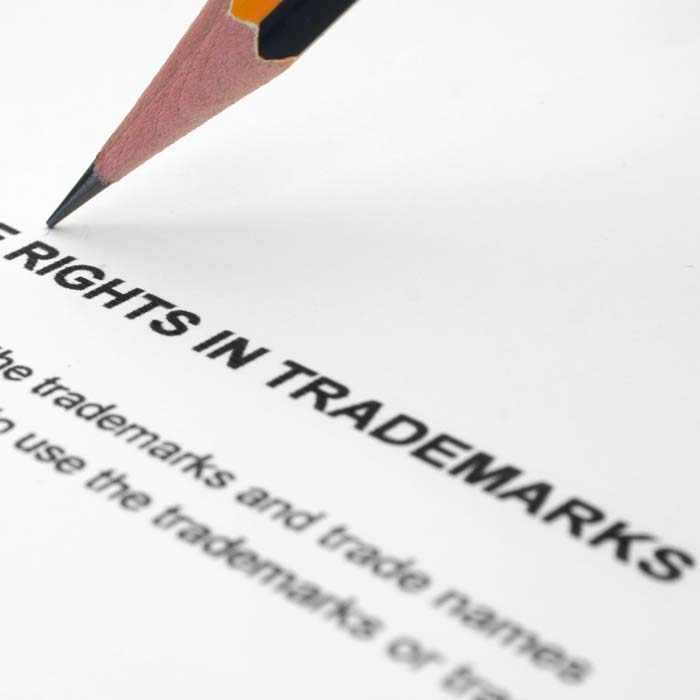
The Child Protection and Obscenity Enforcement Act of 1988 is a United States Act of Congress and part of the United States code, which places stringent record-keeping requirements on the producers of actual sexually explicit materials.
The guidelines for enforcing these laws (commonly known as 2257 Regulations) requires producers of sexually explicit material to obtain proof of age for every model they shoot, and retain those records. Federal inspectors may at any time launch inspections of these records and prosecute any infraction.
While the statute seemingly excluded from these record-keeping requirements anyone who is involved in activity that “does not involve hiring, contracting for, managing, or otherwise arranging for, the participation of the performers depicted,” the Department of Justice (DOJ) defined an entirely new class of producers known as “secondary producers.” According to the DOJ, a secondary producer is anyone who “publishes, reproduces, or reissues” explicit material.
The regulations define the terms “primary producer” and “secondary producer”. A primary producer is defined in the set of rules as any person who actually films, videotapes, or photographs a visual depiction of actual sexually explicit conduct. A “secondary producer” is defined as any person who produces, assembles, manufactures, publishes, duplicates, reproduces, or reissues a book, magazine, periodical, film, videotape, or other matter intended for commercial distribution that contains a visual depiction of actual sexually explicit conduct. Different record-keeping requirements exist for primary versus secondary producers. One may be both a primary and a secondary producer.
The regulations also spell out requirements for the maintenance, categorization, location, and inspection of records, as well as legal grounds for exemption of these requirements. They require that records be maintained for five years after the dissolution of a business that had been required to maintain them.
18 U.S. Code §2257
(a) Whoever produces any book, magazine, periodical, film, videotape, digital image, digitally – or computer-manipulated image of an actual human being, picture, or other matter which –
(1) contains one or more visual depictions made after November 1, 1990 of actual sexually explicit conduct; and
(2) is produced in whole or in part with materials which have been mailed or shipped in interstate or foreign commerce, or is shipped or transported or is intended for shipment or transportation in interstate or foreign commerce;
shall create and maintain individually identifiable records pertaining to every performer portrayed in such a visual depiction.
(b) Any person to whom subsection (a) applies shall, with respect to every performer portrayed in a visual depiction of actual sexually explicit conduct –
(1) ascertain, by examination of an identification document containing such information, the performer’s name and date of birth, and require the performer to provide such other indicia of his or her identity as may be prescribed by regulations;
(2) ascertain any name, other than the performer’s present and correct name, ever used by the performer including maiden name, alias, nickname, stage, or professional name; and
(3) record in the records required by subsection (a) the information required by paragraphs (1) and (2) of this subsection and such other identifying information as may be prescribed by regulation.
(c) Any person to whom subsection (a) applies shall maintain the records required by this section at his business premises, or at such other place as the Attorney General may by regulation prescribe and shall make such records available to the Attorney General for inspection at all reasonable times.
(d)
(1) No information or evidence obtained from records required to be created or maintained by this section shall, except as provided in this section, directly or indirectly, be used as evidence against any person with respect to any violation of law.
(2) Paragraph (1) of this subsection shall not preclude the use of such information or evidence in a prosecution or other action for a violation of this chapter or chapter 71, or for a violation of any applicable provision of law with respect to the furnishing of false information.
(e)
(1) Any person to whom subsection (a) applies shall cause to be affixed to every copy of any matter described in paragraph (1) of subsection (a) of this section, in such manner and in such form as the Attorney General shall by regulations prescribe, a statement describing where the records required by this section with respect to all performers depicted in that copy of the matter may be located. In this paragraph, the term “copy” includes every page of a website on which matter described in subsection (a) appears.
(2) If the person to whom subsection (a) of this section applies is an organization the statement required by this subsection shall include the name, title, and business address of the individual employed by such organization responsible for maintaining the records required by this section.
(f) It shall be unlawful –
(1) for any person to whom subsection (a) applies to fail to create or maintain the records as required by subsections (a) and (c) or by any regulation promulgated under this section;
(2) for any person to whom subsection (a) applies knowingly to make any false entry in or knowingly to fail to make an appropriate entry in, any record required by subsection (b) of this section or any regulation promulgated under this section;
(3) for any person to whom subsection (a) applies knowingly to fail to comply with the provisions of subsection (e) or any regulation promulgated pursuant to that subsection;
(4) for any person knowingly to sell or otherwise transfer, or offer for sale or transfer, any book, magazine, periodical, film, video, or other matter, produce in whole or in part with materials which have been mailed or shipped in interstate or foreign commerce or which is intended for shipment in interstate or foreign commerce, which –
(A) contains one or more visual depictions made after the effective date of this subsection of actual sexually explicit conduct; and
(B) is produced in whole or in part with materials which have been mailed or shipped in interstate or foreign commerce, or is shipped or transported or is intended for shipment or transportation in interstate or foreign commerce;
which does not have affixed thereto, in a manner prescribed as set forth in subsection (e)(1), a statement describing where the records required by this section may be located, but such person shall have no duty to determine the accuracy of the contents of the statement or the records required to be kept; and
(5) for any person to whom subsection (a) applies to refuse to permit the Attorney General or his or her designee to conduct an inspection under subsection (c).
(g) The Attorney General shall issue appropriate regulations to carry out this section.
(h) In this section –
(1) the term “actual sexually explicit conduct” means actual but not simulated conduct as defined in clauses (i) through (v) of section 2256 (2)(A) of this title;
(2) the term “produces” –
(A) means –
(i) actually filming, videotaping, photographing, creating a picture, digital image, or digitally – or computer-manipulated image of an actual human being;
(ii) digitizing an image, of a visual depiction of sexually explicit conduct; or, assembling, manufacturing, publishing, duplicating, reproducing, or reissuing a book, magazine, periodical, film, videotape, digital image, or picture, or other matter intended for commercial distribution, that contains a visual depiction of sexually explicit conduct; or
(iii) inserting on a computer site or service a digital image of, or otherwise managing the sexually explicit content, [1] of a computer site or service that contains a visual depiction of, sexually explicit conduct; and
(B) does not include activities that are limited to –
(i) photo or film processing, including digitization of previously existing visual depictions, as part of a commercial enterprise, with no other commercial interest in the sexually explicit material, printing, and video duplication;
(ii) distribution;
(iii) any activity, other than those activities identified in subparagraph (A), that does not involve the hiring, contracting for, managing, or otherwise arranging for the participation of the depicted performers;
(iv) the provision of a telecommunications service, or of an Internet access service or Internet information location tool (as those terms are defined in section 231 of the Communications Act of 1934 (47 U.S.C. 231)); or
(v) the transmission, storage, retrieval, hosting, formatting, or translation (or any combination thereof) of a communication, without selection or alteration of the content of the communication, except that deletion of a particular communication or material made by another person in a manner consistent with section 230(c) of the Communications Act of 1934 (47 U.S.C. 230 (c)) shall not constitute such selection or alteration of the content of the communication; and
(3) the term “performer” includes any person portrayed in a visual depiction engaging in, or assisting another person to engage in, sexually explicit conduct.
(i) Whoever violates this section shall be imprisoned for not more than 5 years, and fined in accordance with the provisions of this title, or both. Whoever violates this section after having been convicted of a violation punishable under this section shall be imprisoned for any period of years not more than 10 years but not less than 2 years, and fined in accordance with the provisions of this title, or both.
Our firm is current on the latest legal developments related to record keeping pursuant to section 2257 and in addition to being able to defend you in a 2257 related enforcement action, we can review your products and websites and provide you with suggestions and recommendations to assist you in being fully compliant with these complicated regulations.
Recent 2257 Articles
The Legal Checkup
Dentists typically recommend that a person’s teeth be cleaned every six months and that oral x-rays be taken at least once every year. Internists recommend that a person receive a physical examination annually. Pets visit the veterinarian for vaccinations and well-care appointments. Vehicles need oil changes and regular maintenance. Your personal and business legal affairs are no different and require regular “legal checkups.” Much like going to the dentist, the idea of meeting regularly with your attorney is probably not going to excite you; but now more than ever, periodic communication with your lawyer is essential. Unfortunately, far too many web entrepreneurs wait too long and ultimately reach out to their attorneys when trouble has already come their way. In many instances, the legal problems encountered could have been prevented had a “legal checkup” taken place. The law in the United States and throughout the world is constantly changing. It…
Revenge Porn: Is a Federal Criminal Ban Imminent
According the National Conference of State Legislatures, “revenge porn” is defined as “the posting of nude or sexually explicit photographs or videos of people online without their consent, even if the photograph itself was taken with consent. A spurned spouse, girlfriend or boyfriend may get revenge by uploading photographs to websites, many of which are set up specifically for these kinds of photos or videos. The victim’s name, address and links to social media profiles are often included with the images, and some websites charge a fee to have the materials removed.” In case you haven’t noticed, numerous states across the U.S., the U.S. federal government and various provinces in Canada have been quite busy in 2013 and 2014 in their attempt to fight back against the revenge porn epidemic. Revenge porn has been labeled by lawmakers as a form of “cyberbullying” that is a wildfire raging out of control…


























